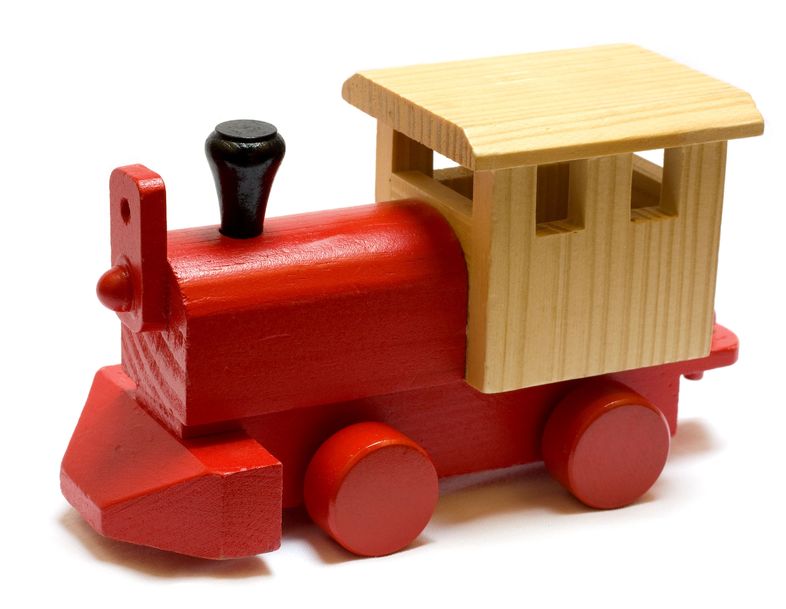
Nebraska, like other states, has passed product liability laws that allow an injured party to file a lawsuit or negotiate a settlement for a personal injury or death arising from a defective product. Product liability claims can be complex and difficult to prove without expert legal assistance, especially if the product is technically complex.
What is a “Defective Product”?
Under Nebraska product liability law, a “product” can refer to just about any manufactured item including construction equipment, manufacturing equipment, farming equipment, automobiles, aircraft, household items, toys, medical equipment and even medicine. You don’t have to be the purchaser of the product to file a product liability lawsuit, as long as the product injured you.
According to Nebraska product liability attorneys at The Harris Law Firm, to prevail in a product liability claim, you must show that the product was defective and that the defect caused your injury. Three types of defects can be used to support a defective product claim in Nebraska:
- Design defect: Even if the product was manufactured as designed, the design itself rendered the product defective.
- Manufacturing defect: Even if the product’s design was safe, it was not manufactured in accordance with its design.
- Warning defect: The product’s labeling or instructions failed to warn of non-obvious dangers – for example, a medicine label failed to warn that the medicine should not be taken by pregnant women.
Theories of Liability
In a product liability lawsuit or settlement negotiation under Nebraska law, you generally have three theories of liability to choose from, depending on the facts of your case:
- Strict liability: In a strict liability clam, you don’t have to prove negligence – all you have to prove is that the product was in a defective condition and unreasonably dangerous, and that the defect caused the accident that injured you.
- Negligence: In a negligence claim, you must show that the defect in the product that injured you was caused by a defendant who failed to exercise a legal duty of care – by either performing an act that he shouldn’t have performed, or by failing to perform an act that he should have performed. An example might be using flammable materials to manufacture a product when equally cheap and effective nonflammable materials were available.
- Breach of warranty: In a breach of warranty claim, you must show that the defendant breached an express or implied warranty. Implied warranties are automatic warranties such as the implied warranty of merchantability, that apply no matter what the merchant communicates to you.
Joint and Several Liability
If you win a verdict against more than one defendant (in a strict liability lawsuit, for example, you can sue both the manufacturer and the merchant regardless of fault), Nebraska’s joint and several liability law allows you to collect all of your economic damages against any one of the defendants, regardless of the defendants’ relative degree of fault. Non-economic damages must be apportioned among each defendant, however. Economic damages include monetary losses such as medical expenses, whole non-economic losses include intangible losses such as pain and suffering.
Look here for more information on Nebraska product liability claims.
